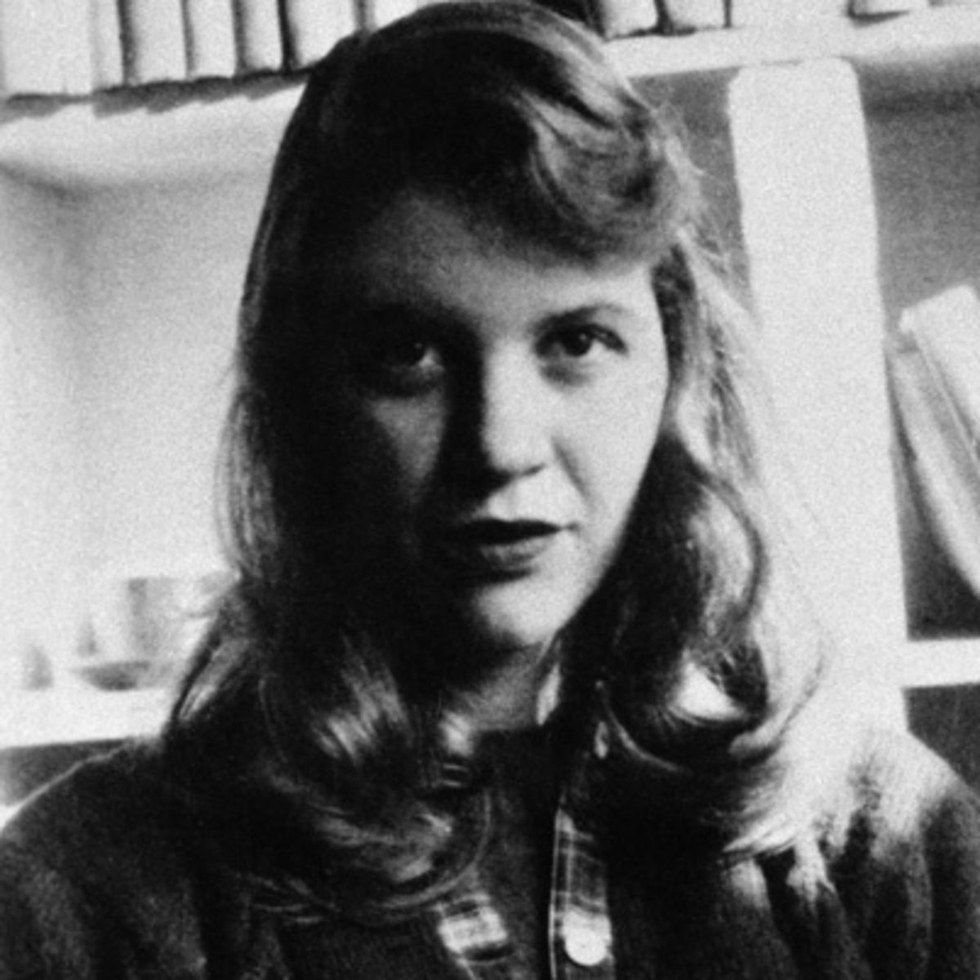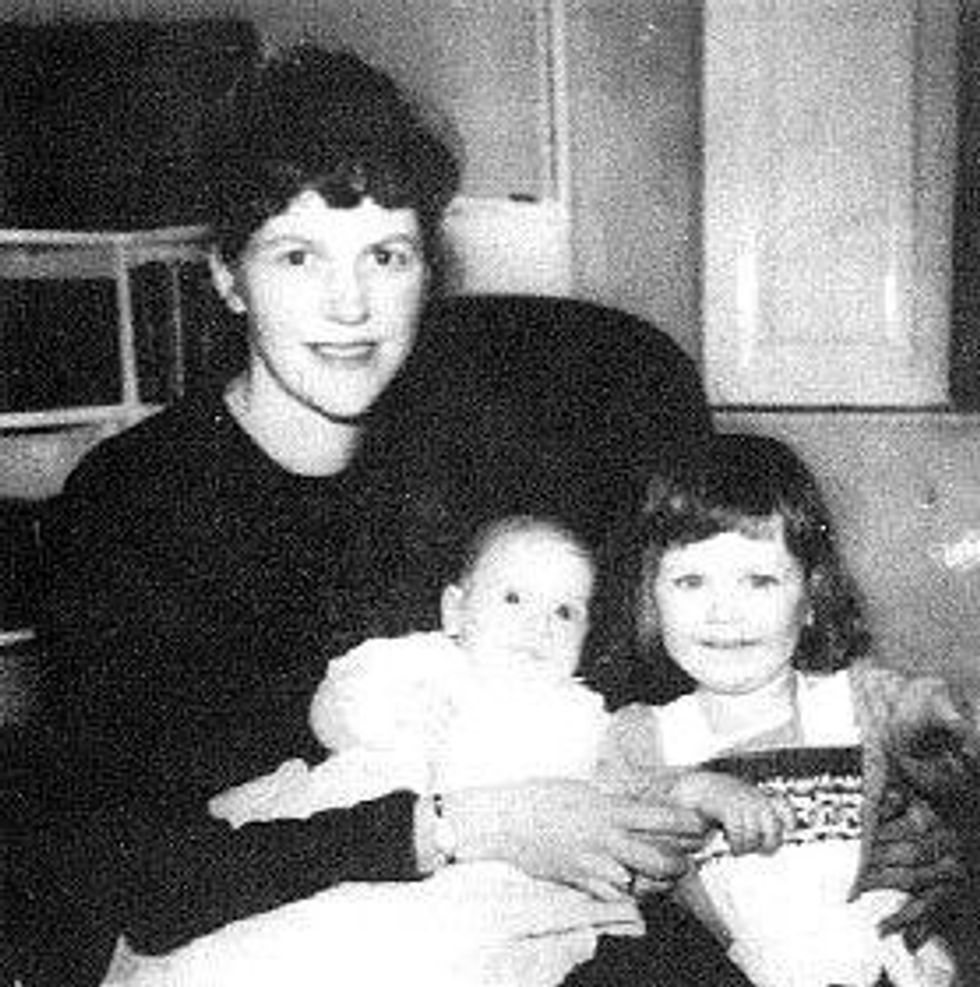We all have heroes. We all have that one person whom we admire to the point of wishing we were them instead of ourselves. The marvelous thing about having heroes is that you don’t have to stop at just one. I have several, both from a personal and a professional standpoint. My personal heroes are those who influence me as a person, while my professional heroes are those who influence who I am as a writer. In this article, I’ll be discussing the latter. I’ll be discussing my favorite professional hero, or heroine, rather. Sylvia Plath.
For those of you who aren’t entirely familiar with Sylvia Plath, she was born in Boston, Massachusetts, and she attended Smith College. She’s famous for her poetry, short stories, and her novels "The Bell Jar" and "Ariel."
Unfortunately, she was not active in the literary world for as long as she should have been, as she died in her London home in 1963 at the age of 30. She committed suicide, leaving behind her husband, another renowned author, Ted Hughes, and two small children.
Our dear Sylvia’s depression seems so damningly obvious as we read her works now. She, unlike so many other authors, was able to truly describe what it’s like to have depression, what it’s like to live your life according to the rules of a horrid mental illness. This is especially true in reading "The Bell" Jar. Using the life of main character Esther Greenwood, Sylvia is able to capture the heavy, dragging, and seemingly numbing effects depression can have on the mind. Her works are truly heroic to someone like me, who tries to find a professional bond with other writers. Never before reading Sylvia was that possible. She’s a pioneer in her works, and a true master of making the dread of fleeting life seem so minuscule compared to the pain of the present moment. She’s my hero, and I really wish she were still alive.
I honestly only started reading Sylvia's works just over a year ago. I had been watching, "10 Things I Hate About You." You know the one, with Heath Ledger and Julia Stiles where Heath Ledger sings "I Love You, Baby" to Julia Stiles to win her heart. The female protagonist Cat Stratford had just argued with her English teacher about why the class should focus on female writers instead of over-glorified male writers like Hemingway. Sylvia's name came up, and I suddenly got to thinking how I didn't know that much about Sylvia Plath, so I started doing some research on her. Soon, I started reading her poems and even her personal journals.
When I began reading her work, I noticed a sort of similarity between her writing style and mine. We are both very cynical in our writing, very insightful and descriptive without drowning the script in adjectival overkill. While I would never be so foolishly arrogant to actually consider myself on her skill level, I very much enjoy our professional cohesion, whether it be real or merely a figment of my nerd imagination. I find myself talking to her when I'm writing, asking her, "Syl, how I can make this sentence impactful without having to make it overly descriptive?" Does she ever answer? Of course not. Is it the geekiest thing you've ever heard? Mayhaps, but Sylvia Plath is the closest thing I have to a partner in crime. She's become my guiding light in a strange sort of way. What good is a hero if they don't guide you?













































